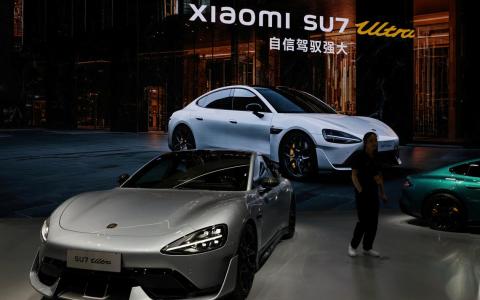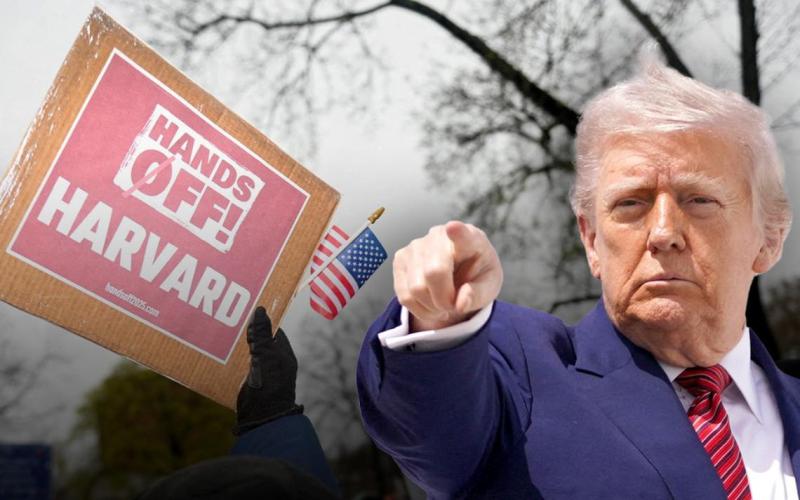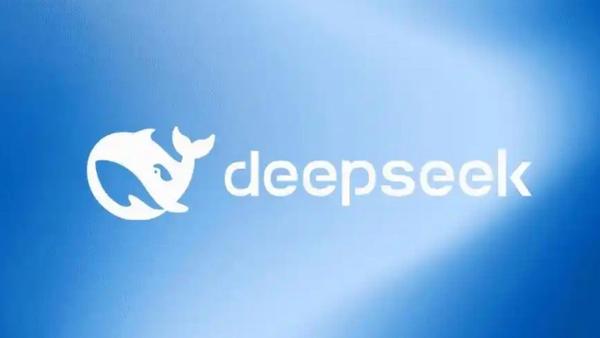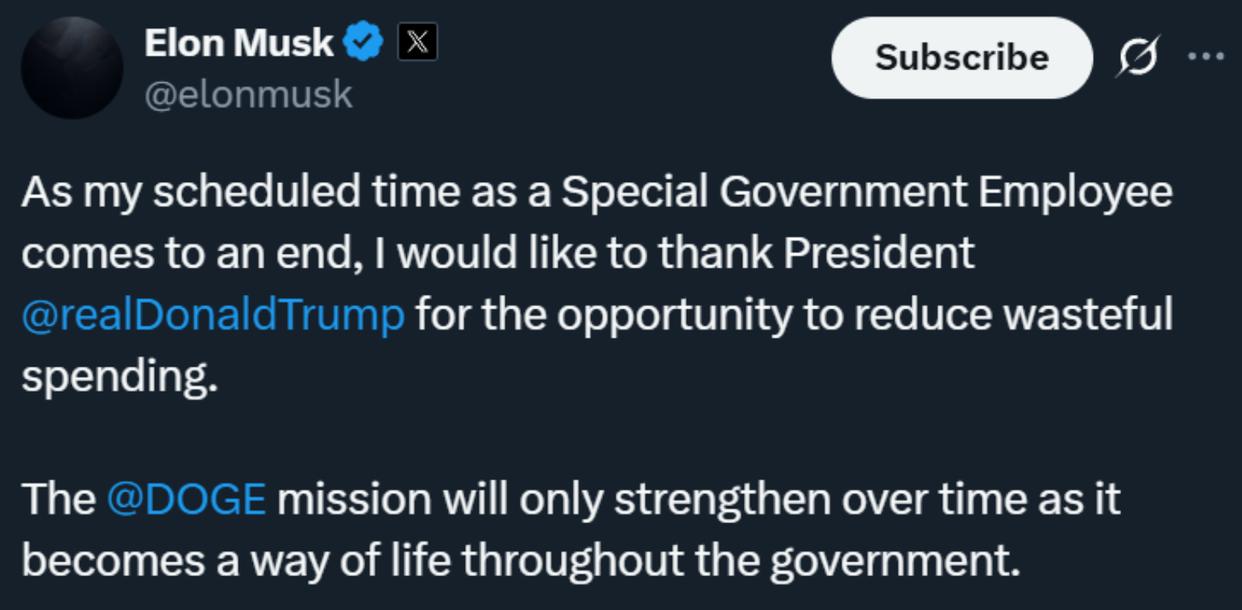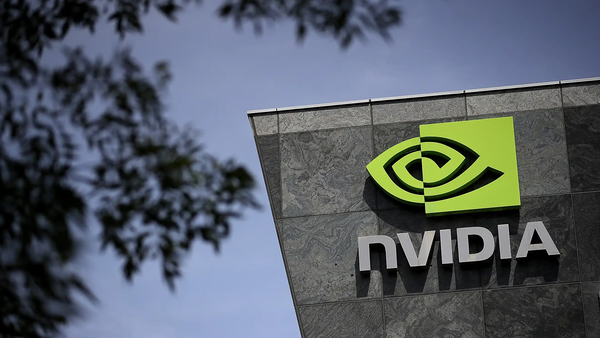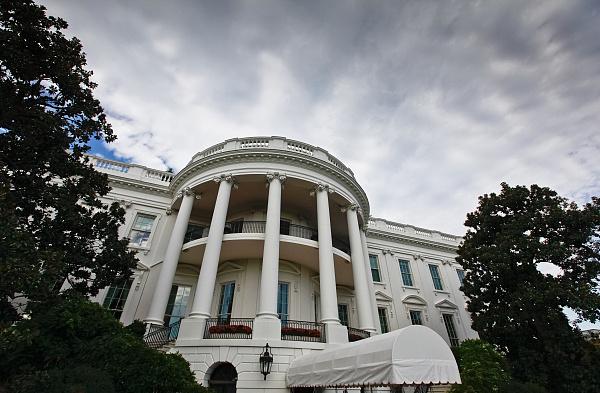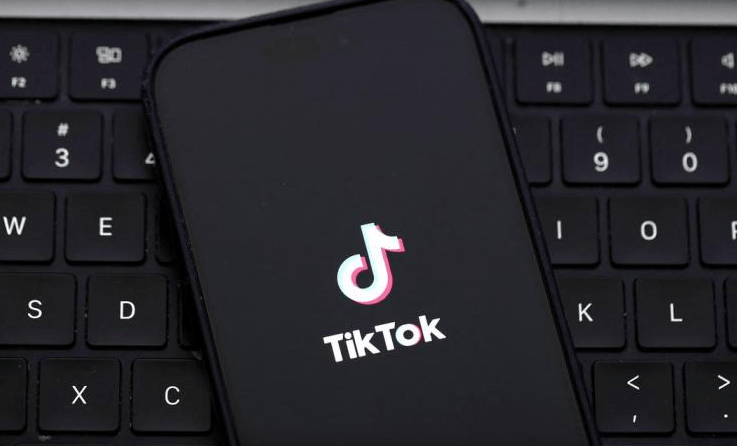
On December 6, the D.C. Circuit Court of Appeals made a ruling consistent with the position of the U.S. Department of Justice, holding that the U.S. government has the right to ban TikTok, a short video app owned by the Chinese company ByteDance, on the grounds that TikTok may provide data of 170 million American users under pressure from Beijing, infringing their privacy. Therefore, TikTok must be sold to a U.S. company in January next year, otherwise it will be completely removed from the shelves. Although TikTok wants to appeal to the Supreme Court, judicial remedies are time-consuming and may not be in time. This lawsuit, which has attracted much attention from international public opinion, shows the basic direction of the China policy of the incoming U.S. President Trump and also reflects the trend of intensified competition between the United States and China.
TikTok issued a statement on the social platform X after the verdict, saying that it would appeal to the Supreme Court again. In an email to employees, CEO Zhou Shouzi said that the company “will continue to fight to protect freedom of speech on our platform.” Unlike the ban order during Trump’s first term, which aroused strong opposition from many American users, this time many American TikTok influencers seem to have accepted their fate and called on fans to switch to other social media platforms to continue to support themselves. Although Trump publicly changed his ban position during his presidential campaign, he has not yet expressed his position on the ruling. Apart from some free speech advocates on Trump’s team, TikTok does not have many powerful political allies in the United States this time.
Trump banned TikTok by executive order during his first term, but was rejected by the local court. The Biden administration banned TikTok through congressional legislation, which is more legitimate. The three judges of the Court of Appeal all believed that the Chinese government was able to use and manipulate TikTok’s American user data, which in turn violated the user’s freedom of speech. In addition, TikTok failed to prove that it was not regulated by China’s National Security Law and protected American user data and privacy. Therefore, even if the Supreme Court accepted the case, the probability of overturning the ban may not be high. Moreover, due to the rush of time, it is still unknown whether the Supreme Court will accept it.
Because Chinese law also prohibits Chinese companies such as ByteDance from selling application algorithms on the grounds of protecting independent high-tech, TikTok cannot be sold to American companies and may eventually be delisted in the United States. The effect of this ruling may be far-reaching, and other similar Chinese mobile applications may face the same challenges, leading to another sense of US-China technology decoupling. On December 7, the Romanian Constitutional Court ruled that the results of the presidential election were invalid on the grounds of Russian interference. The EU accused Russia of helping pro-Russian candidates win the vote through cognitive warfare, and asked TikTok, which is widely used in Romania, to provide background data to assist in the investigation. The subsequent development of this incident is also of concern.
The TikTok incident not only reflects the intensification of the US-China game, but also Europe feels threatened. In addition to trade, technology, and military competition, the confrontation between China and the West has gradually spread to ideology. On December 6, when the TikTok ban was ruled, the US House of Representatives passed the “Communist Key Education Act” with an absolute majority of 327 votes to 62 votes to help American high school students understand the dangers of communism and totalitarianism, and how these systems violate the founding principles of freedom and democracy in the United States. It is generally believed that Trump used to only focus on restoring US hegemony and did not care whether the rule of the Chinese Communist Party conflicts with American political values. This impression may need to be revised in the future.
TikTok has faced such huge troubles before Trump officially took office, indicating that the US-China game is no longer as simple as solving the trade deficit after he takes office in January next year. The anti-China sentiment in the US public opinion seems to be growing. Trump’s cabinet appointment list includes many China hawks in the financial and security fields, which seems to reflect this subtle sentiment. The anti-communist education bill passed by both parties in Congress with a high vote, directly targeting the most sensitive nerves of the CCP, and also foreshadowing that the future US-China game is bound to be more comprehensive and fierce, and more difficult to resolve than a simple geopolitical struggle.



